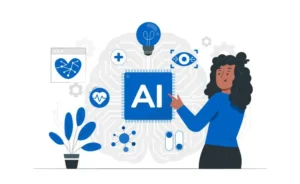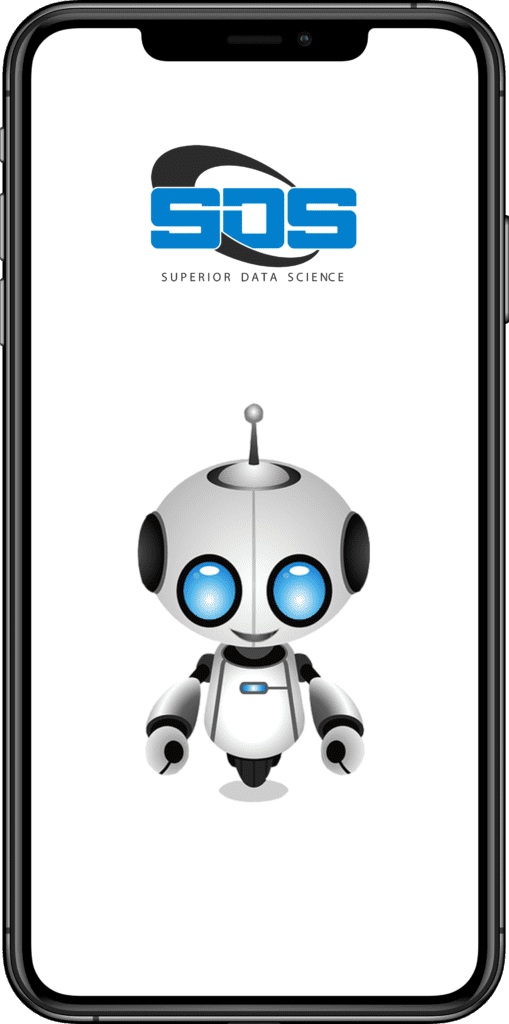Generative AI is rapidly transforming the customer service landscape. Chatbots powered by AI can now handle simple inquiries, resolve issues, and even personalize interactions to enhance the customer experience. While these advancements offer undeniable benefits, ethical considerations around bias, transparency, and accountability deserve careful attention.
Bias in AI Models
One major ethical concern is the potential for AI models trained on biased data to perpetuate discriminatory practices. This can manifest in discriminatory language, unfair outcomes, and a failure to adequately address diverse customer needs. To mitigate these risks, developers must ensure diverse training data sets, implement bias detection and mitigation techniques, and continuously monitor AI models for fairness.
Transparency in AI Interactions
Customers deserve to know when they are interacting with AI, not humans. Transparency allows them to make informed decisions about how they engage with customer service and builds trust in the interactions. Companies should clearly disclose when AI is used, explain its limitations, and offer options to escalate to human agents if needed.
Accountability for AI Decisions
As AI models make more complex decisions impacting customers, questions arise about who is accountable for their outcomes. Companies must establish clear lines of accountability, ensuring that human oversight remains in place and that individuals have recourse to address errors or biases in AI decisions.
FAQs:
Will AI replace human customer service representatives?
While AI is likely to automate some tasks traditionally handled by humans, it is not expected to replace all customer service representatives entirely. AI can free up human agents to focus on complex issues requiring empathy, judgment, and creativity.
How can customers be sure they are not being discriminated against by AI?
Companies should be transparent about their AI models and provide clear avenues for customers to report any concerns about bias. Additionally, regulatory frameworks can help ensure the responsible development and deployment of AI in customer service.
Who is responsible for the actions of an AI chatbot?
Ultimately, the company deploying the AI chatbot bears responsibility for its actions. This includes ensuring that the chatbot is trained on unbiased data, operates transparently, and is accountable for its decisions.
Conclusion
Generative AI holds immense promise for improving customer service, but its ethical implications must be carefully considered. By addressing concerns about bias, transparency, and accountability, companies can leverage this powerful technology responsibly and ethically, building trust and enhancing the customer experience for all.tunesharemore_vertadd_photo_alternate











